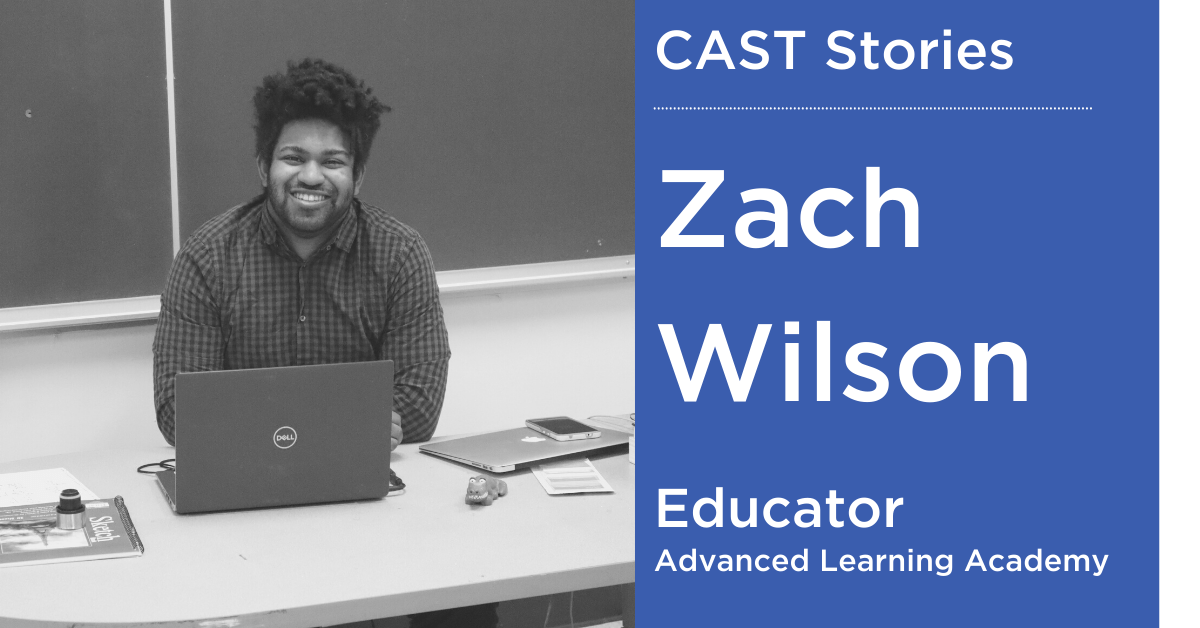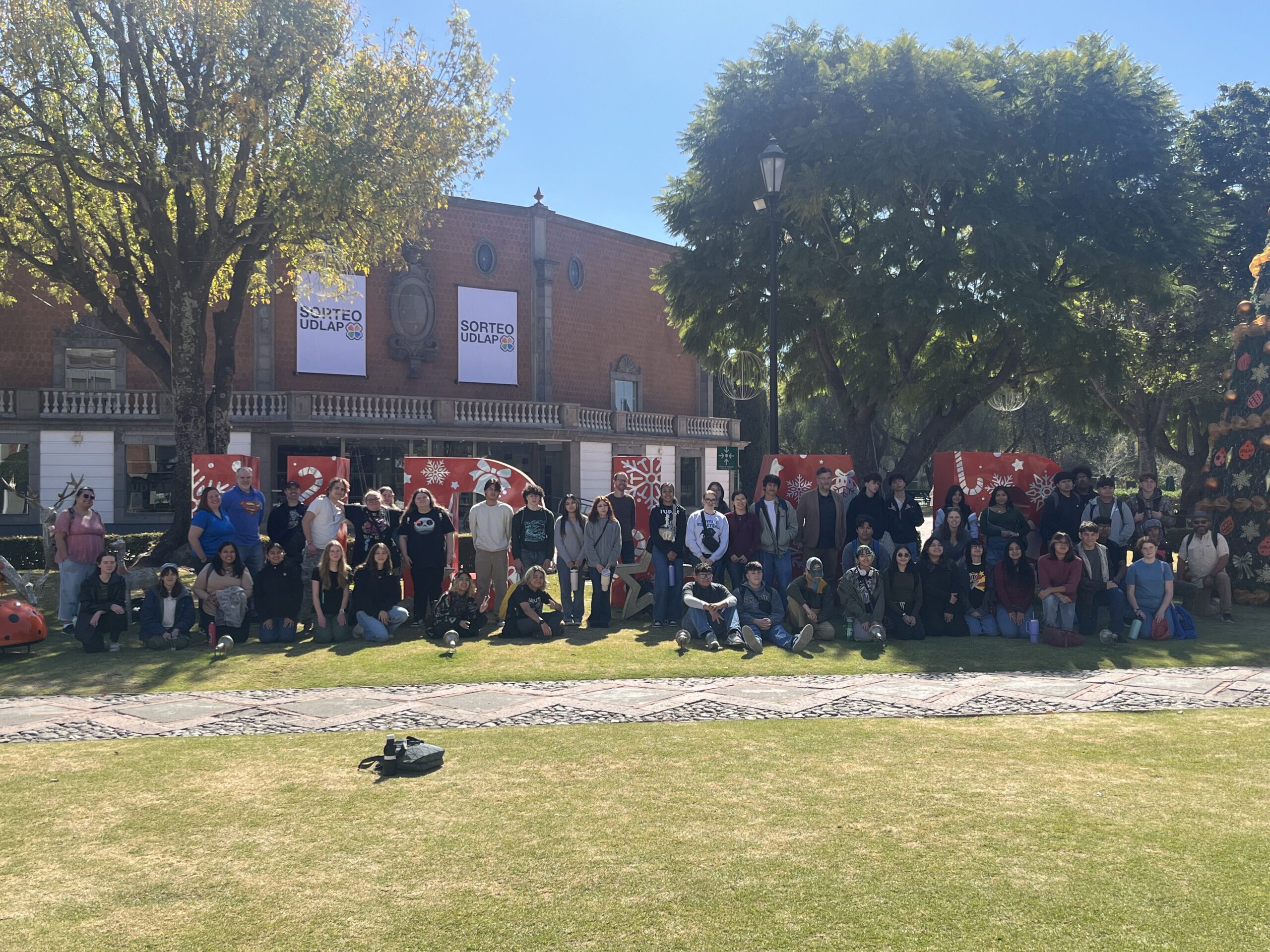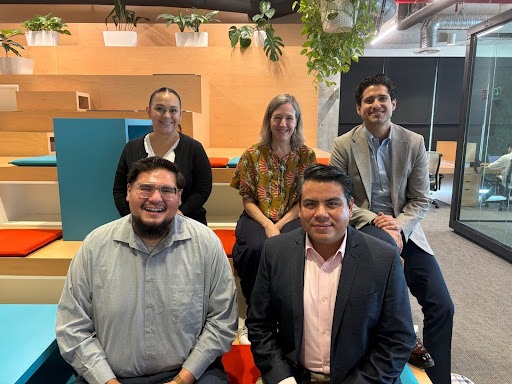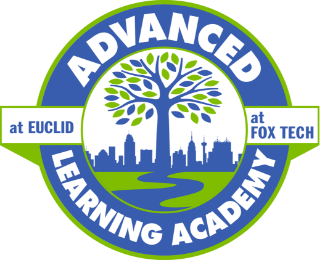Zach Wilson started teaching at the Advanced Learning Academy four years ago as an intern with Trinity University. Today, he is part of the pioneering group of educators in the San Antonio Independent School District teaching African American Studies to 9th through 12th graders. This is the first year that African American Studies is being offered in Texas Schools. On Friday, February 26, 2021, at 11:30 AM, Mr. Wilson will be joined by Diamond Hodge, Advanced Learning Academy Student, Andrea “Vocab” Sanderson, San Antonio Poet Laureate, and Marisa Perez-Diaz, Texas State Board of Education Member, for a panel discussion on the impact of his course. The event will be livestreamed on the CAST Schools social media pages. >>Click here for details <<
Adding African American Studies to the curriculum at the Advanced Learning Academy supports the school’s vision and mission. Kathy Bieser, school principal, shares that the school aims: “to nurture students who will become global problem solvers, tackling the world’s most pressing issues.”
As a black educator, Mr. Wilson shares that Black teachers have always stepped into the role of activists, finding ways to include diverse stories into the traditional curriculum. He explains “With the inclusion of African American Studies in the official public school curriculum, Texas has finally begun to acknowledge that teaching Black stories and histories are not radical or bold — it’s literally our jobs as educators.” The curriculum is a year-long course. The first semester explores how the origins of modern-day racial disparities are rooted in slavery and white supremacy, while the second semester tackles the question of which forms of activism in the 20th and 21st century have brought us closer to an equitable, anti-racist society.t.
Around 30 students have taken and are taking the course and the vast majority of the school’s Black population at the Advanced Learning Academy is enrolled in the class. “Students have a hunger; especially when those excluded stories are their own, and hold the keys to help them learn more about who they really are..” Mr. Wilson has been impressed by his students’ acute ability to identify racial injustice around them, as well as the maturity and level of insight they bring to the discussion.
When asked what outcomes he wants from his students when they finish this course, Mr. Wilson shared, “In history, students have always been the ones protesting for justice. I mean, from the protests against the Vietnam War to the Chicano Walk Outs at Lanier high school to the gun violence protests that happened just a few years ago, students have been at forefront of protest of Civil Rights activism. The idea that schools should speak to and empower non-white students is emancipating. For my non-Black students, I hope they can develop the wisdom of knowing when to listen, and when to speak. I want them to know that they are part of this story, too. It doesn’t belong to them, but they part of this story.”
This is Zach Wilson’s first year teaching high school and in addition to teaching African American Studies, Mr. Wilson teaches 11th and 12th grade Dual Credit English, AP Government, Economics and Mexican American Studies. Zach shared that he hopes this class is taught beyond his school, so that “regardless of your campus, you should have access.”

